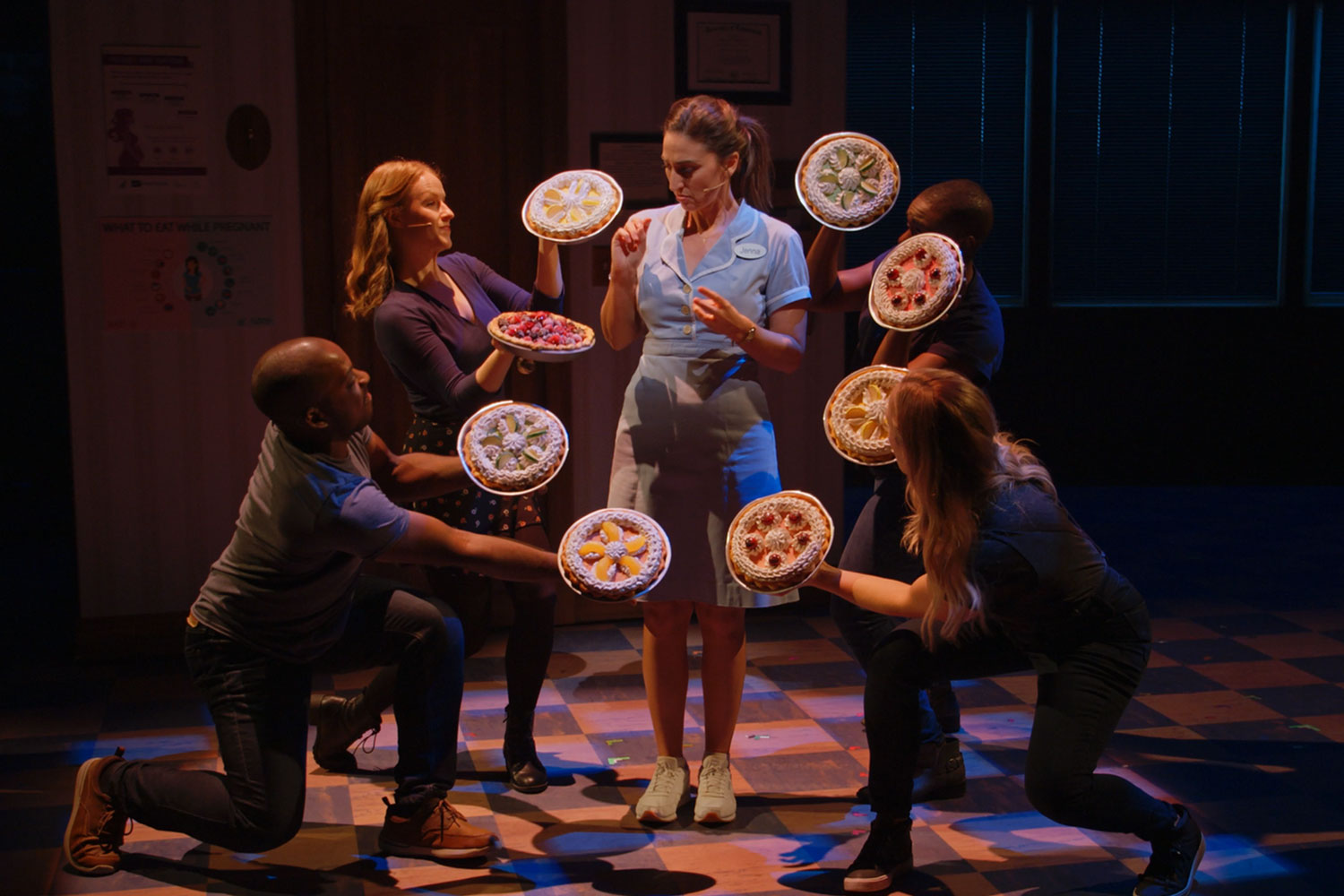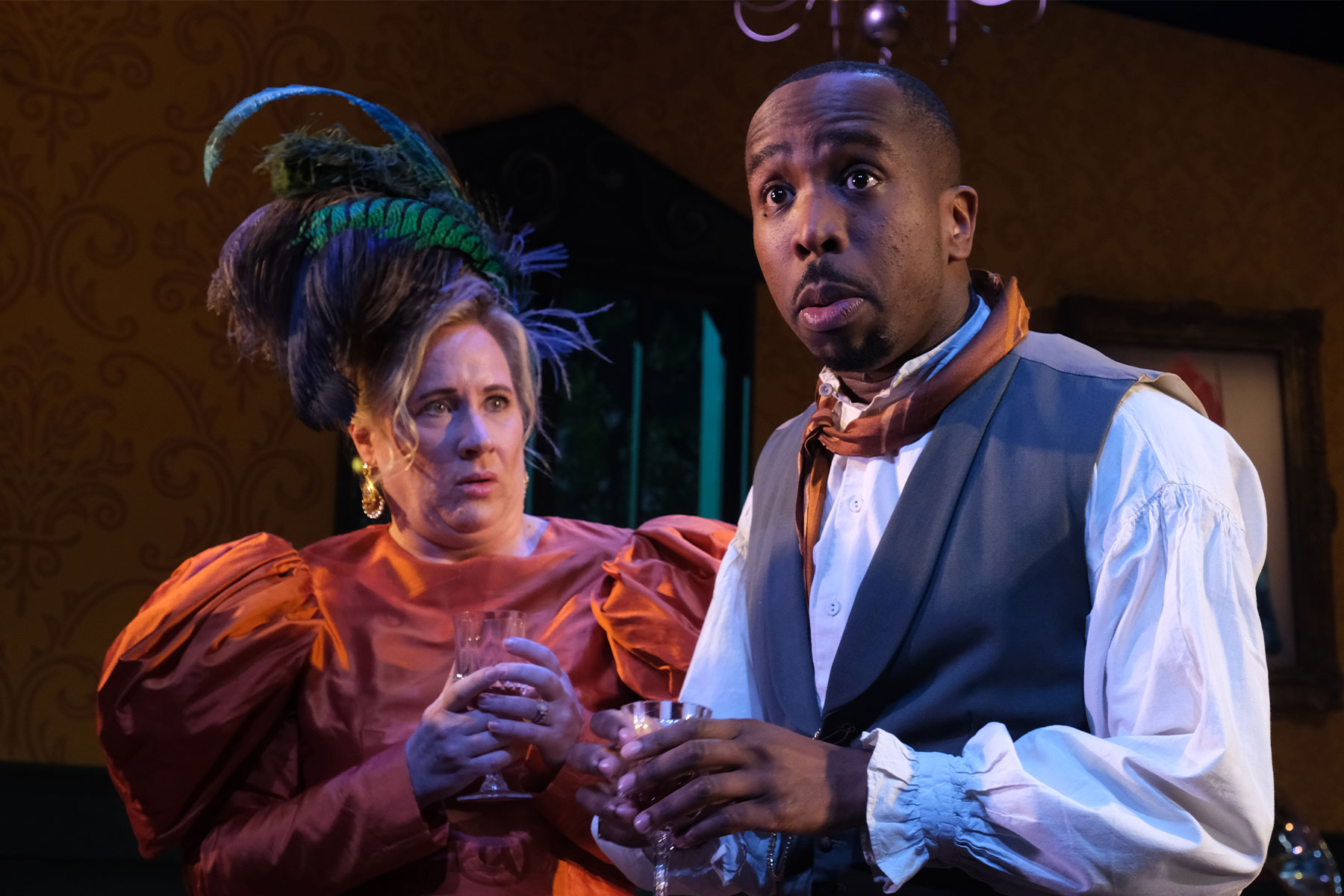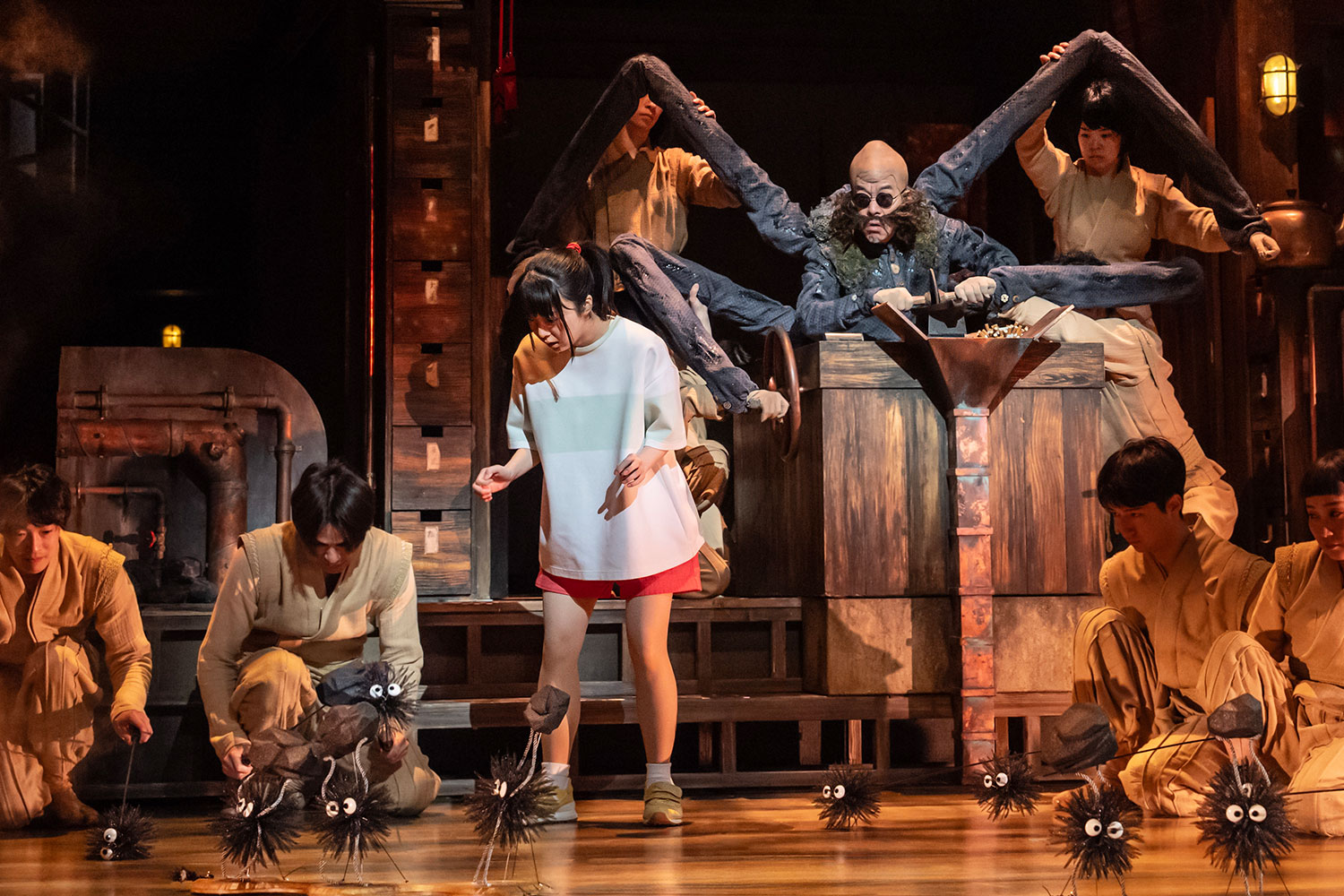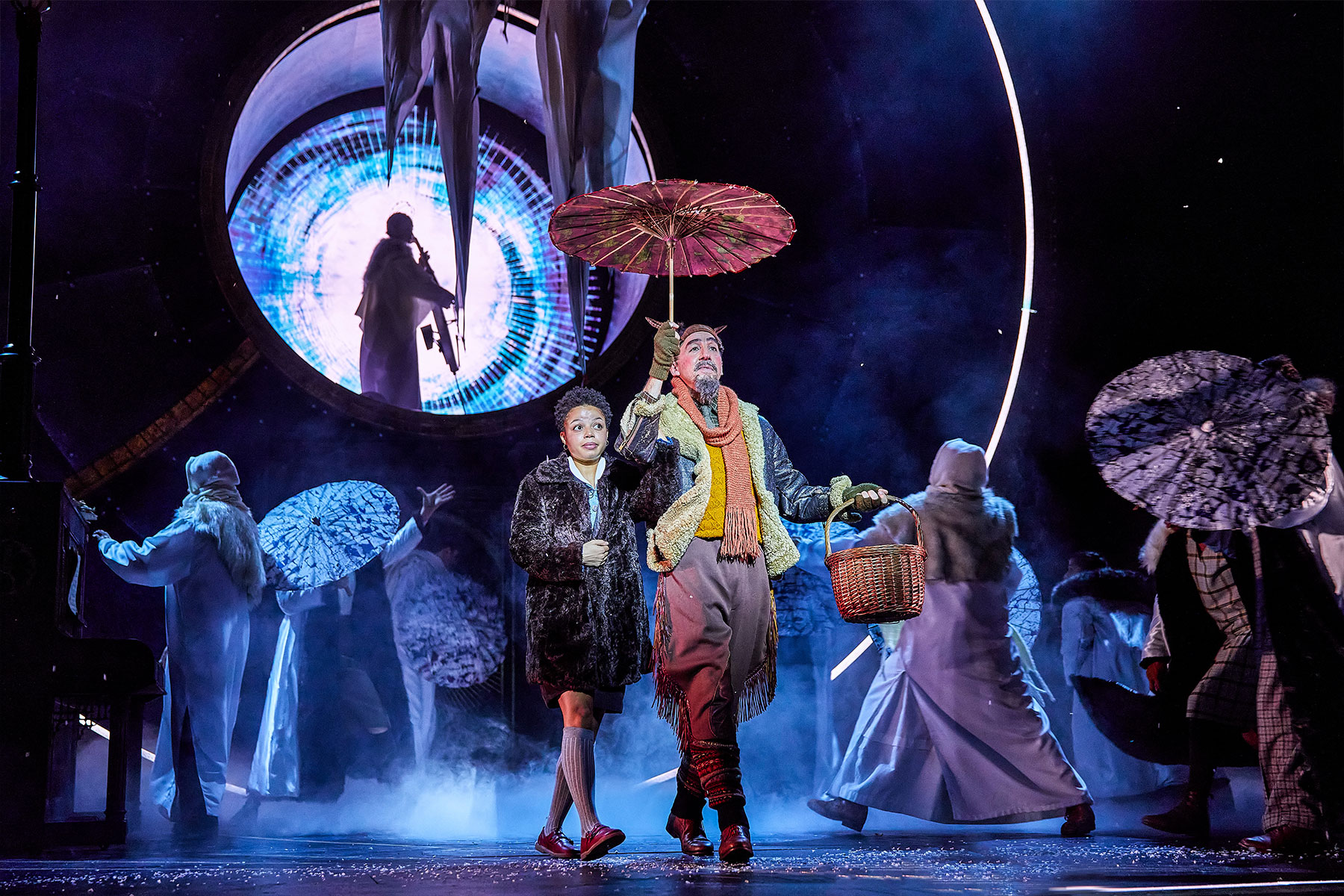Boston Marriage
Note: This review dates from March 2001 and the production’s original run, with the same cast, at the Donmar Warehouse.
David Mamet‘s latest play, the relationship between Anna, played by Zoe Wanamaker, and Anna Chancellor‘s Claire is one fuelled by a mixture of past loyalty, emotional frailty and a sense of life rapidly slipping away.
The fact that the two women were once romantically implicated becomes evident early on, although the rapier wit that flashes between them in the opening exchanges hints at their mutual insecurity. “Isn’t your necklace rather excessive for the morning?” enquires Claire, eyeing the garish jewellery around Anna’s neck.
Indeed, this necklace ultimately becomes a crucial factor in the fairly tenuous plot, but Mamet’s prickly, Wildean one-liners are decisive in engaging the audience from the outset. Anna, we learn, has taken a local businessman for a lover: “Of course he has a wife!” she exclaims. “Why would he require a mistress if he had no wife?”
However, Anna’s gaiety soon turns to despair on learning that Claire has taken a new female love into her life – and one who is much younger than either she or Claire. Thrown into an almost self-deprecating anguish, she belittles the servant girl Catherine (a whimsical Lyndsey Marshal) whilst condemning herself henceforth into remorseful solitude. The role of Catherine is essentially that of a messenger, but her comical appearances do allow Mamet to break up the chunks of dialogue between the two main protagonists.
Mamet sets the play entirely in the drawing room of Anna’s house, and its 80-minute duration enables it to be performed without an interval. Perhaps like Pinter and Beckett before him, he is leaning towards shorter productions as his career progresses, but there’s no denying that this tastefully barbed piece marks something of a departure for him.
Director Phyllida Lloyd enhances the script’s dynamic sparkle by allowing Wanamaker to prowl the small stage commandingly. Chancellor’s defiant, younger woman is played with the tasteful gestures and stiff-backed elegance appropriate to the early 20th-century setting, but both women are clearly a breed apart. Upright they may appear to be on the surface, but uptight they certainly are not.
Accordingly, Mamet never allows us to sit in judgement on either woman’s actions, and in accepting them both for what they are, we perhaps accept something of our own human uncertainty. The play’s conclusion is both stealthy enough to elicit a gasp from the audience, yet sufficiently tender to assuage our romantic inclinations. Full of surprise, but somehow filled with reassurance. What more could one possibly want from a marriage? Boston, or otherwise.
– Gareth Thompson










